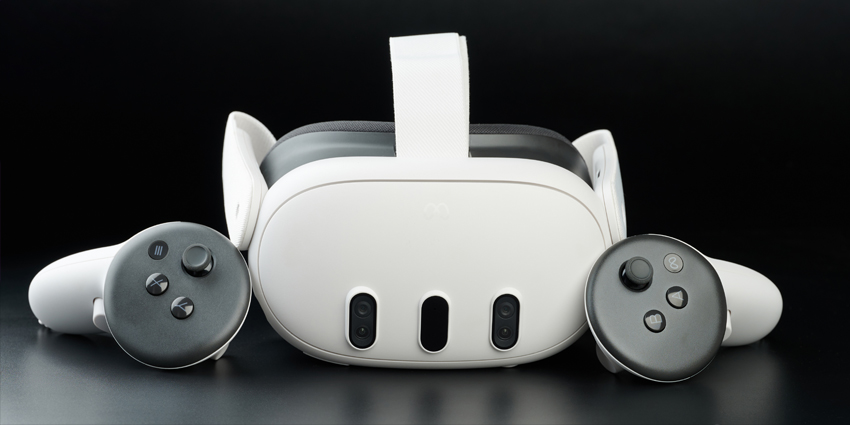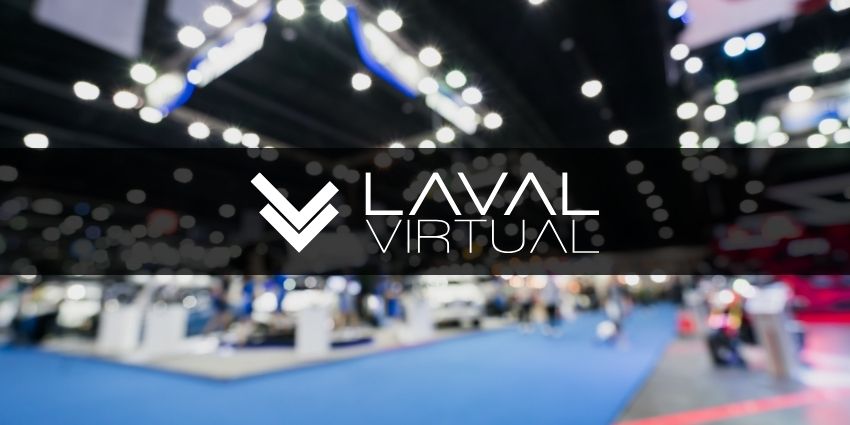Immersive education solutions firm zSpace has unveiled fresh updates to its Career and Technical Education (CTE) and workforce applications.
Set to debut at the ACTE Careertech Vision Conference, the latest development will showcase how zSpace has incorporated state-of-the-art applications from four global firms.
zSpace will exhibit the technologies on 30 November and 1 December, and will deliver a session at the event, “Empowering Diversity: Exploring CTE Careers Through Inclusive Recruitment.”
Doing so will exhibit the San Jose, California-based company’s pledge to empower and transform education systems worldwide.
By working with scientific, technology, engineering, and mathematics (STEM) educators, zSpace aims to boost workforce preparedness and performance for future workforces with immersive experiences.
The four companies involved in the programme will integrate zSpace’s glasses-free virtual and augmented reality (VR/AR) Inspire laptops.
The new hardware will be showcased at the ACTE Careertech Vision event from 29 November to 2 December at the Phoenix Convention Center in Arizona.
zSpace-ACTE Careertech Vision Partner Firms
Some of the companies include the following:
- Biodigital: The company’s cutting-edge biological visualisation platform will empower students and professional researchers with photorealistic visuals of the human body in precise detail. Offering users a full comprehension of biological and medical concepts to support novel methods of learning for future healthcare professionals.
- Certification Partners: Providing the industry with data science and artificial intelligence (AI) training modules, Certification Partners aims to back current applications using zSpace’s technologies with additional examinations, courses, and certifications. Doing so hopes to narrow the gap between theory and practice regarding AI solutions and data science coincide for scalable enterprise and industrial use cases.
- Systran: This company provides students and trainees with education on the complex nature of oil and gas sector-based technologies. With immersive modules, Systran aims to offer fully detailed industrial processes for evaluation and exploration, where learners can receive engaging, valuable training to further their education in the industry.
- Labtech: With its Renewable Energy Fundamentals’ simulations, Labtech will leverage zSpace’s technologies and users to train for renewable energy technologies. These will educate learners on solar and wind power, offering practical insights on how to sustainably develop the technologies. Furthermore, it will deliver insightful data to learners to help address issues in the energy landscape.
Michael Carbenia, Sr Executive Director of Workforce, zSpace, said in a statement,
“At zSpace, we are dedicated to revolutionizing education by providing immersive, interactive, and practical learning experiences. Our collaboration with these industry leaders signifies a significant step forward in our mission to prepare students and professionals for the demands of the modern workforce”
Continuous Innovation, Continued Education
News of zSpace’s demo at the ACTE Careertech Vision event comes as it continues to innovate its flagship solution.
The immersive learning firm has developed educational metaverse technologies since its founding, using evidence-based augmented and virtual reality tools.
Its VR/AR platform leverages experiential learning to boost learner outcomes across science and maths, as well as technical education and career upskilling.
The company has also supplied over 3,700 schools, centres, colleges, and universities in a bid to expand access to institutions and millions of students worldwide.
Avantis Education White Paper
The news comes after VR/AR content and hardware provider, Avantis Education, released its white paper on transforming global education systems with immersive technologies.
Avantis’s “Building Back Stronger: New Thinking and Technologies Reshaping Education” paper explored how Kindergarten to 12th grade (K-12) schools could adopt immersive technologies, namely for students facing declining academic performance.
Huw Williams, Chief Executive Officer, Avantis Education, said in a statement,
“The 2020s will likely be a defining decade for education as schools and policymakers rethink their approaches to education. In this white paper we provide an informative look at some of the innovations happening in K-12 schools today and their potential to engage students and support academic growth”
He concluded: “It includes thoughtful context offered by experts in the field about these practices and technologies in order to help inform the conversation about how best to support students in moving forward.”
Further Research on Emerging Technologies in Education
The paper explained how “issues such as underfunding, understaffing, the digital divide and the impacts of the pandemic have set the stage for an ambitious revival.”
It also outlined how Elementary and Secondary School Emergency Relief (ESSER) funds have supported school districts with new opportunities to incorporate XR and emerging technologies.
The paper continued: “[These] innovations serve as the catalysts for rejuvenation, charting a course toward the restoration of educational excellence. U.S. education is building back stronger.”
Five education thought leaders have also contributed to the findings:
- Dr Rupert Rawnsley, Chief Science Officer, Avantis Education
- Christopher Klein, Education Consultant, Avantis Education
- Simon Luxford-Moore, Head of eLearning, ESMS Independent Schools
- Luke Knightly-Jones, Education Researcher and Private Tutor, Royal Tutors
- Dr Lorah Sirri, Senior Lecturer in Educational Psychology, Manchester Metropolitan University
Fresh methodologies in the report include virtual and augmented reality, the ‘flipped classroom,’ artificial intelligence (AI)-generated teaching materials, the ‘no-grades movement,’ maker-based learning, makerspaces, and STEM labs, and post-pandemic expansion of social-emotional learning (SEL). Additionally, it will outline examples of how such methods and technologies have impacted the classroom.







